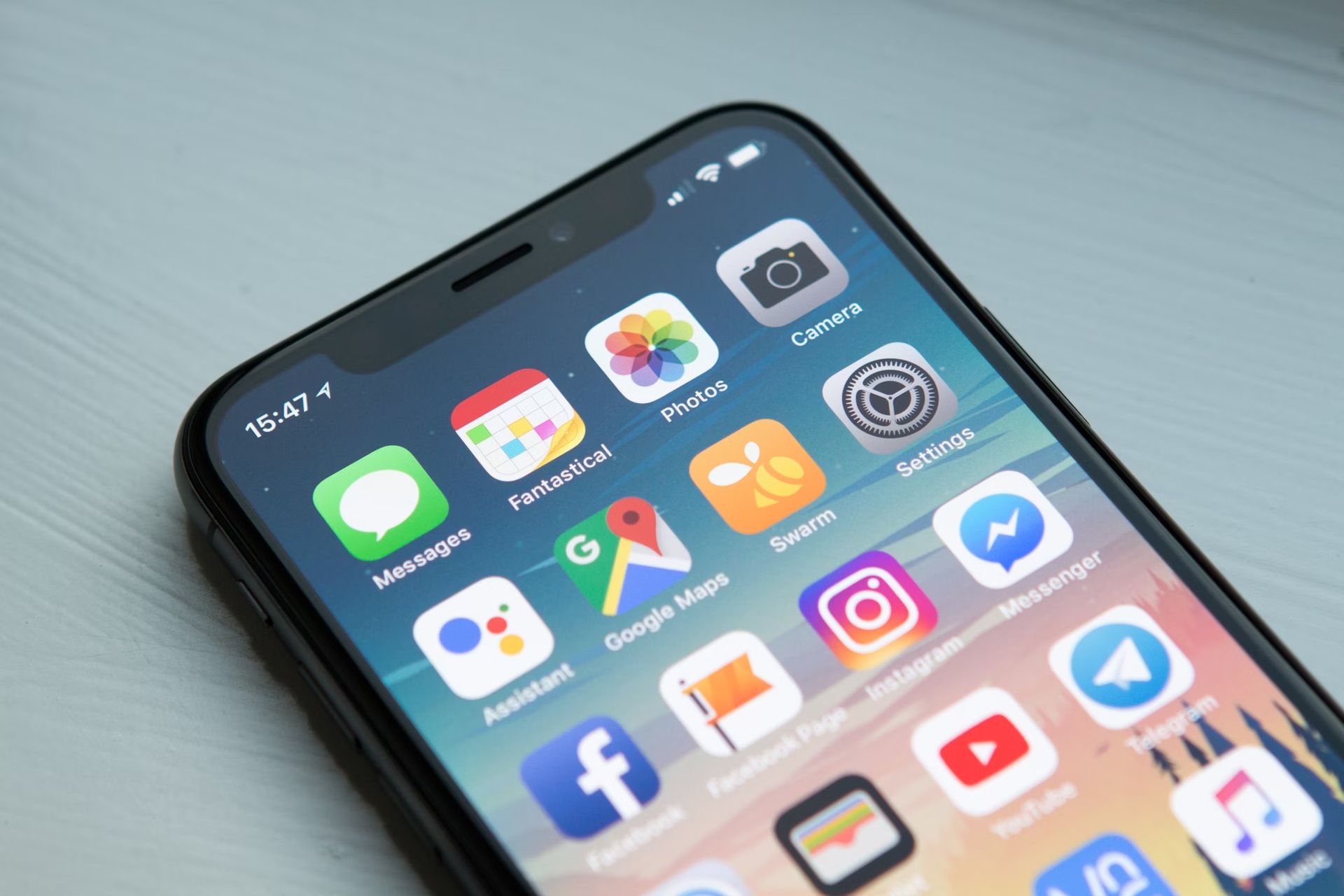GitHub has taken a significant step in expanding its suite of AI tools by introducing GitHub Spark, an AI-powered platform designed to revolutionize the way developers build applications. This new tool, which launched last week, went largely unnoticed by mainstream media but may represent a major turning point in software development—particularly in how we use apps on our devices.
What is GitHub Spark?
GitHub Spark enables anyone to create customized ‘micro apps’ in real time using natural language prompts. These applications, referred to as “Sparks,” can be created almost instantly and used across different platforms without the need to download software from app stores. GitHub, owned by Microsoft, aims to bring a new level of accessibility and personalization to app development, signaling a broader shift in consumer interaction with technology.

Creating apps without app stores
GitHub Spark’s ability to create apps instantly could mark the beginning of the end for traditional app stores. Rather than downloading and installing a pre-built application, users can now generate a “Spark” on demand, tailored specifically to their needs. For example, if you need a travel app for an upcoming trip, you can simply tell Spark what you require, and within moments, the app is ready to use on your phone.
This departure from relying on third-party developers and app stores could transform how users interact with technology. The convenience of making personalized, temporary apps could make app stores seem redundant, allowing individuals to “roll their own” solutions quickly and affordably.
GitHub Spark features and capabilities
GitHub Spark is designed to let users share their Sparks with others, giving them the ability to control access through read-only or read-write permissions. This collaborative capability is reminiscent of the way Anthropic manages “Claude’s Artifacts”—offering a platform for users to remix and adapt shared content to their specific needs.
According to Thomas Dohmke, GitHub’s CEO, Spark aims to become an accessible tool for developers and non-developers alike, giving everyone the ability to bring their app ideas to life with ease. Users can describe their app in natural language, create a prototype, and refine it through an iterative, chat-like process—all without needing programming skills. This makes the platform accessible to a broader audience, from casual users looking to simplify their daily tasks to experienced developers seeking a rapid prototyping tool.

The introduction of GitHub Spark represents a continuation of the company’s goal to enhance developer productivity. Alongside Spark, GitHub also expanded the capabilities of its AI-powered Copilot tool, which now supports multiple models including Anthropic’s Claude 3.5 Sonnet and Google’s Gemini 1.5 Pro, in addition to OpenAI’s models. This multi-model support allows developers to leverage different AI models for different use cases, leading to more context-aware coding assistance across various programming languages and frameworks.
Spark and these new capabilities are part of GitHub’s larger vision to simplify software development and make it more inclusive. By integrating natural language capabilities and providing users with choices across different AI models, GitHub aims to create a development environment that prioritizes user needs and flexibility.
Are we inching closer to a true low-code, no-code future? With tools like GitHub Spark blurring the lines between developers and everyday users, it’s hard not to wonder if the era of complete simplicity in software creation is just around the corner.
Featured image credit: Kerem Gülen/Midjourney





